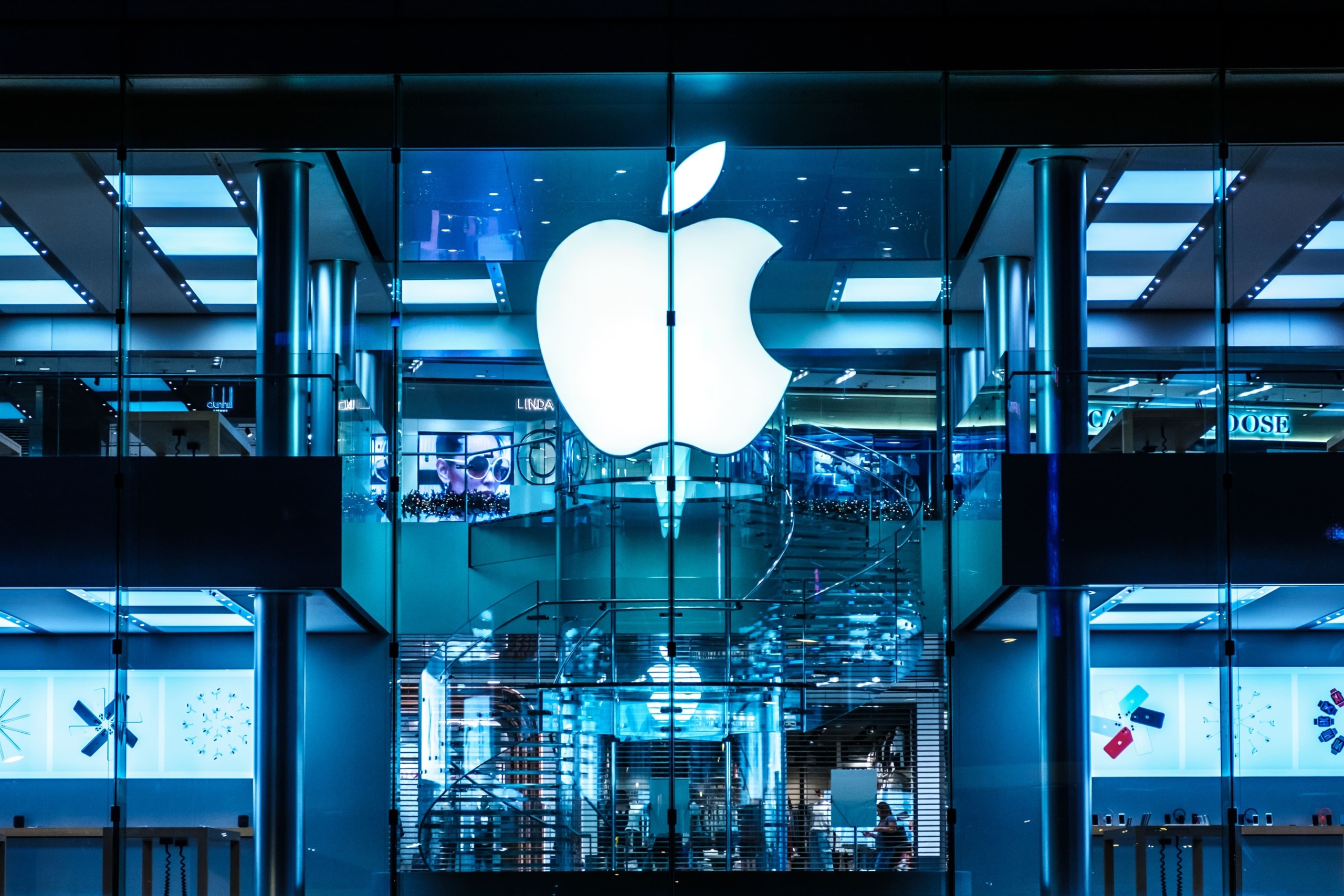7 Common Balanced Scorecard Mistakes Every Company Should Avoid
2 July 2021
Even though more than half of all major companies in the US, Europe and Asia are using Balanced Scorecard (BSC) approaches, I would argue that many of those are not as good as they could be. The reason for this is that companies take short cuts or they forget vital components when developing their own BSC.

Here are seven of the key pitfalls I see time and time again:
1) Not having buy-in and understanding of the tool across the company before you implement it.
2) Starting the BSC development with metrics and KPIs instead of the strategy. Measures cannot be relevant if they are not firmly based on the strategic objectives. The Strategy Map is the first and most important component of any BSC, KPIs follow once the strategy is clear.
3) Simply ‘filling in’ the generic strategy map template. It is important to note that the strategy map template is a framework to guide your thinking and not one you simply customise with your own worlds.
4) Copying a strategy map from another company. A strategy map has to be a unique representation of your company’s strategic objectives at this point in time. It has to be developed with close senior executive engagement and represent the distinctive challenges your company is facing today.
5) Not revising and refreshing the Strategy Map, KPIs or Action Plans. We all know that your company’s priorities shift over time and therefore the Strategy Map, KPIs and Action Plans have to reflect that.
6) Only using oversimplified KPIs to track progress. It is important that the KPIs help to track your strategic objectives but instead of developing the most relevant KPIs companies often chose the ones that are most easy to measure or the ones everyone else seems to be tracking. More effort has to go into developing truly relevant and meaningful KPIs.
7) Not having Action Plans linked to the BSC. A strategy without a plan to deliver it will always remain a trip to fairy land!
Related Articles
20 Generative AI Tools For Creating Synthetic Data
The AI revolution that we’re currently living through is a direct result of the explosion in the amount of data that’s available to be mined and analyzed for insights.[...]
How To Tell Reality From Fiction Amid The AI-Driven Truth Crisis
The artificial intelligence narrative swings between utopian dreams and dystopian nightmares, often overshadowing the nuanced reality of its current capabilities and limitations.[...]
7 Ways To Turn The ‘Bring Your Own AI’ Threat Into An Opportunity
As AI tools become increasingly accessible, companies face a new trend: BYOAI, or bring your own AI.[...]
AI Gone Wild: How Grok-2 Is Pushing The Boundaries Of Ethics And Innovation
As AI continues to evolve at breakneck speed, Elon Musk's latest creation, Grok-2, is making waves in the tech world.[...]
Apple’s New AI Revolution: Why ‘Apple Intelligence’ Could Change Everything
Apple's announcement of 'Apple Intelligence' marks a seismic shift in how we interact with our devices.[...]
Why AI Models Are Collapsing And What It Means For The Future Of Technology
Artificial intelligence has revolutionized everything from customer service to content creation, giving us tools like ChatGPT and Google Gemini, which can generate human-like text or images with remarkable accuracy.[...]
Sign up to Stay in Touch!
Bernard Marr is a world-renowned futurist, influencer and thought leader in the fields of business and technology, with a passion for using technology for the good of humanity.
He is a best-selling author of over 20 books, writes a regular column for Forbes and advises and coaches many of the world’s best-known organisations.
He has a combined following of 4 million people across his social media channels and newsletters and was ranked by LinkedIn as one of the top 5 business influencers in the world.
Bernard’s latest book is ‘Generative AI in Practice’.










Social Media